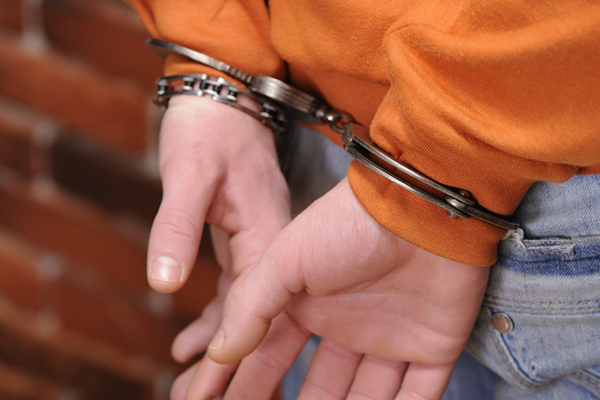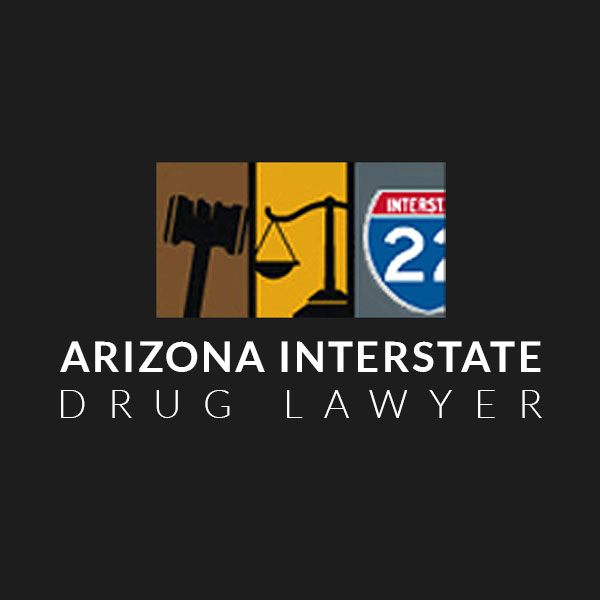A false drug arrest takes place under the classification of an unjust arrest or false imprisonment and happens when someone wrongfully holds you against your will or takes you right into detention for drugs. Many unlawful arrests usually start as a misleading complaint, in which an unverified or unsubstantiated allegation is given against a particular person. False accusations happen as the outcome of deliberate lying or unintentional circumstances involving faulty information. It could also occur as a result of deliberate or unexpected suggestive questioning, or flawed interviewing techniques.
False arrest, in some situation, and faulty accusations, are criminal activities and a civil harm, enabling the victim to sue for issues in a civil lawsuit.
Police Officers Committing False Arrests
Numerous people believe that whenever authorities commit false arrest, they usually have a severe lack of proof– but this is not the case. Both private individuals and law enforcement agents can commit this unlawful act when these guys behave past or beyond the range of their authority. An example would be if a cop nabs somebody because that individual ridiculed the policeman or did something that the police officer really did not like. Since it is not against the law to disrespect an officer, the policeman is the just one who is acting illegally. Within this scenario, it is likely, that a prosecutor could charge the officer involved with false arrest.
It should be kept in mind that the defendant has no right to withstand apprehension, although they recognized that the basis for the apprehension was untrue. Literally resisting such an arrest might land the defendant behind bars, and it is for this reason that majority of criminal defense attorneys counsel their client never to literally resist an arrest. Doing this can easily lead to you being harmed, arrested and jailed, because only a court can decide if an arrest is legal or illegal. Save the confrontation for the courtroom.
Private Persons Committing False Arrest
Anyone who restrains someone else without that individual’s consent and without lawful authority commits the crime of false arrest, which includes private people like a security guard. Private guards are legally permitted to momentarily detain someone suspected of burglary so as to check out the situation or hold that person until the police show, but only if they are fairly certain that the person is shoplifting.
Suppose, that a guard approaches a shopper and didn’t witness the shopper exit with unsettled goods (nor did anyone else). If he were to use force, the threat of force or restricts the shopper without consent or lawful reason, the guard is committing illegal detention.
The Difference between False Arrests and Bad Arrests
Imagine someone whom the police apprehended based upon another person’s sworn statement. The proof later shows the sworn declaration was incorrect or the person without reservation lied. If the police arrests the person on an accreditation issued as a result of manufactured statements, this is referred to as a “bad arrest.”
You see, just as long as the judge found the statement reasonable during the time, the police acted properly in making the arrest. If a court finds out the truth, the defendant is released. In this situation, there is no chance that the discharged defendant can take legal action against the authorities for unlawful arrest; nevertheless, the person making the false allegations may be sued for any damages suffered, in addition to being apprehended and imprisoned for swearing a false oath.
You Can Sue for False Accusations
The impact of false accusations might be ravaging to a person’s reputation. Common types of false allegations include child abuse, drug abuse, or really the commission of any crime. A victim of false accusation can sue for defamation, which may either be in the form of slander, libel or defamation of character.
Defamation of character involves the act of making untrue statements about a person which blemishes or taints his/her reputation. Smear campaign can either be libel or slander. Slander is an untrue statement produced with the purpose of harming a personal credibility and reputation. To be successful in court, the individual must have made the statements purposely to harm the reputation of a person for their own personal explanations. Libel implies any false and harmful published statements with the intent of ruining someone’s reputation. Like slander, to prove libel in court it must be revealed that the posted allegations were not only disparaging and offensive but also made in malice.
A false complaint is considered at the courts to be in the abusive category, and damages for such false statements are assumed and do not have to be validated. You can properly sue somebody for wrongly charging you of acts that did not happen or actions which did take place, but you are wrongly being accused. These persons can include law enforcement agents that acted without probable cause or anyone who acts with malicious intent. The matter of false allegation in the criminal sphere is so serious that proof of loss does not need to be shown by the victim before they can obtain damages.
Disregarding a Civil Right
When a person has been falsely apprehended, they sometimes file a complaint alleging a violation of their humans rights, otherwise pertained to as “Section 1983” suits. They are called this because they were named after the federal law, United States code section 1983, and because of this they are tried in a federal district court.
Individuals most typically file 1983 cases after the use of excessive or unreasonable force although acting in their official capacity, referred to as acting “under color of law.” If the police, as an example, obtain a warrant to search your residence and, while performing the search, choose to use mace on you and your family while you were complaining, their excessive force violated your legal civil rights and you can sue them. If, however, you get into a fight with a non-uniformed, off-duty police officer, that officer is probably not acting as a representative of the state and you probably can’t demand civil liberties infractions.
Individuals Requiring a Lawyer
If you think you’ve been apprehended, associated with a drug case without basis, or if you think the authorities are behaving outside their appropriate authority, you should speak with a criminal defense lawyer as soon as possible. You ought to never create any declarations or submit a grievance with the police or private investigators until you’ve had a chance to speak to a legal representative. If you believe your rights have been disregarded because of a false drug arrest, or you need someone to represent you against unlawful charges, contact a defense lawyer as soon as possible.
Recent Posts
- Morgan County jailer charged with drug trafficking
- Murray Bridge woman charged for trafficking ice
- How To Get The Best Interstate Drug Trafficking Lawyer in Santa Cruz County AZ
- How To Get The Best Interstate Drug Trafficking Lawyer in Apache County AZ
- How To Get The Best Interstate Drug Trafficking Lawyer in Maricopa AZ

